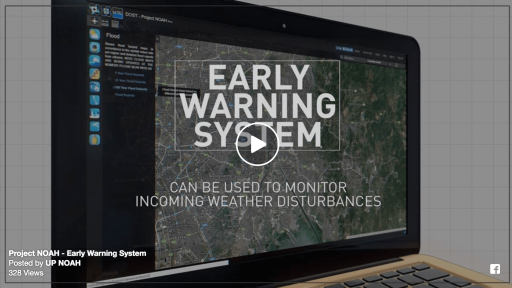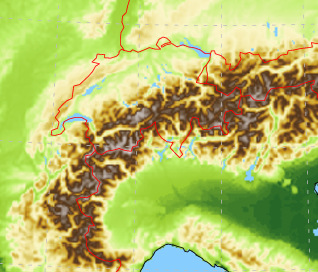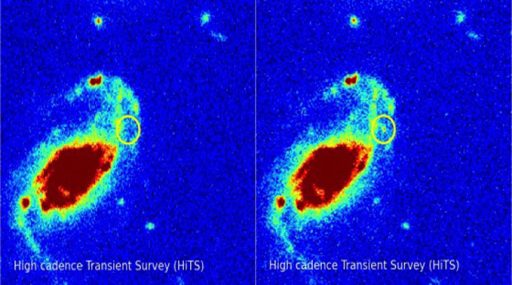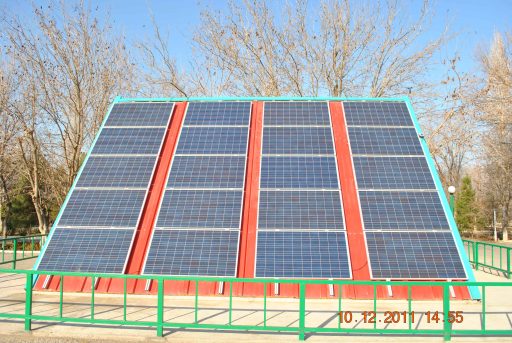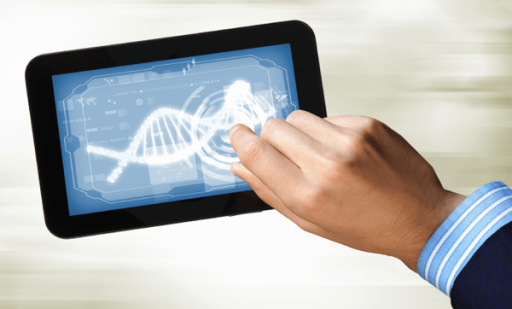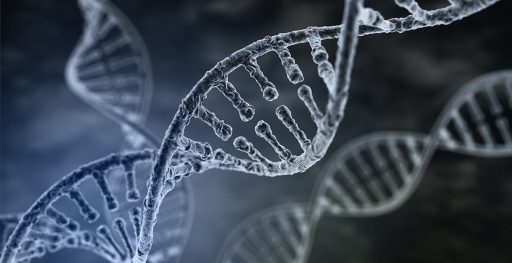While you can’t do anything to change the course of a typhoon moving towards you, you can take the necessary precautions before it reaches your shores – the earlier the better. So, you need to know your hazards, and that is why, in the wake of the catastrophic tropical storm Sendong in 2011, the Philippines started developing a complex early warning system.
As weather forecasts are becoming increasingly detailed, data volumes are increasing as well, demanding high-speed connectivity and supercomputing power.
Studies by scientists in Chile shed light on phenomenon related to the creation of the Universe, the formation of celestial bodies and the characterization of different kinds of stars. “Our goal is to understand the parent stars of supernovas. I mean, what kind of star produced the explosion”, says researcher Francisco Förster.
Developing alternative, greener energy sources is a key priority across the world but many countries don’t have the infrastructure and skills needed to create renewable energy industries from scratch. Technology, and in particular research networks, can help develop these skills, transferring knowledge to build the industry.
By using high-definition videoconferencing technology and advanced academic networks, more than 1,000 Mexican physicians were trained remotely in the latest endoscopy procedures during a single event in 2015.
Researchers at the Peter MacCallum Cancer Centre in Melbourne wanted to know why there were an increasing number of patients – about a third of them women – being diagnosed with certain types of lung cancer when none of them had smoked and their families had no history of cancer. They turned to big data analytics.
ARES (Advanced networking for the EU genomic Research) is implementing novel genome content distribution solutions to make large data sets accessible to healthcare practitioners for better patient care. Robust and bottleneck-free data networks are key to the success of this vital undertaking.
Eske Willerslev, one of the world’s leading experts in ancient DNA, DNA degradation, and evolutionary biology, is using powerful DNA sequencing technology to reveal fundamentally new insights, reconstructing the past 50.000 years of human history.
The University of Amsterdam, Amsterdam University of Applied Sciences and SURF are collaborating on a campus network infrastructure optimized for sending research data. The aim is to create a blueprint for an architecture to help researchers collaborate on data-intensive research. The first use case is focusing on crop genome data.
The European Bioinformatics Institute (EMBL-EBI) near Cambridge, UK, distributes datasets worldwide using R&E connectivity. This biological data enables the discovery of new drugs, new diagnostics and increasingly new agro-chemicals. The Institute’s work, which includes the 1000 Genomes Project, has generated petabytes of data and this growth is showing no signs of abating.
Genomics is generating new insights into the genetic causes of diseases such as cancer, diabetes, heart disease, and congenital disorders, and promises to transform healthcare. In Australia, a specialized high-performance network has been deployed for the Kinghorn Centre for Clinical Genomics, the largest genome sequencing centre in the southern hemisphere, helping to close the gap between research and the clinic.
A dedicated line between two supercomputers in Denmark allows biomedical researchers to share data faster and easier than before, helping them carry out their research into the relationship between genetics and psychiatric illnesses.


